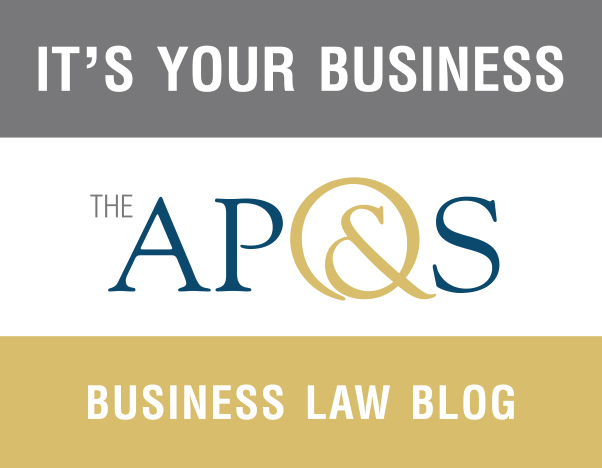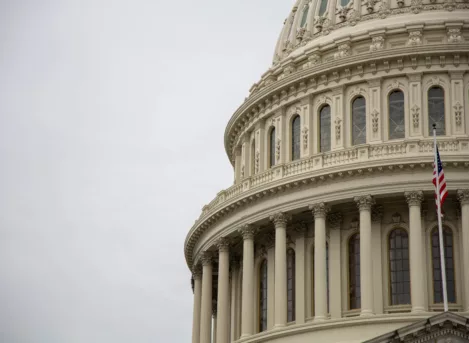In a unanimous decision, the United States Supreme Court has held that inventors are barred from obtaining patents on inventions that were “on sale” more than one year prior to a patent application even if the sale is subject to confidentiality obligations that would prevent the nature of the invention from becoming public.
This holding arose in the Court’s most recent consideration of the 2011 revision to the United States patent system, the America Invents Act (“AIA”). In its decision, Helsinn Healthcare S.A. v. Teva Pharm. USA, Inc., the Court found that the AIA did not change the meaning of the “on sale” bar to patents for inventions that have been available for commercial purchase by third parties more than one year prior to filing a patent application. The Helsinn Healthcare decision, the first patent case of this Supreme Court term, issued on January 22, 2019.
Under the pre-AIA statutory framework, 35 U.S.C. § 102 had barred patents for inventions that had been “on sale” more than one year prior to filing a patent application. See, e.g., Pfaff v. Wells Electr., Inc., 525 U.S. 55, 57 (1998). The Supreme Court had construed the term “on sale” to mean that the invention was “the subject of a commercial offer for sale” and “ready for patenting.” Id. at 67. When Congress enacted the AIA, it retained a provision prohibiting patents on inventions that had been “on sale” more than a year prior to the effective filing date of the claimed invention. 35 U.S.C. § 102(a)(1).[1] The issue in this year’s Helsinn Healthcare case was whether the AIA’s “on sale” bar extended to commercial sales where the purchaser was required to “keep confidential any proprietary information received under the agreements. Slip op. at 2.
The Court noted that it had not addressed this precise question in the context of the pre-AIA version of the statute. Id. at 6. It observed that although one apparent rationale for the on-sale bar is to prevent inventors “‘remov[ing] existing knowledge from public use’ by obtaining a patent covering that knowledge,” its earlier decisions had made it clear that the bar could apply even where a pre-application sale had not revealed made the entirety of the invention public. Id. at 5-6, quoting Pfaff, 525 U.S. at 64.
The Court recognized, however, that the Court of Appeals for the Federal Circuit, which is responsible for patent appeals, had long held that “‘secret sales’ can invalidate a patent.” Id. at 7, citing Special Devices, Inc. v. OEA, Inc., 270 F.3d 1353, 1357 (Fed. Cir. 2001) and Woodland Trust v. Flowertree Nursery, Inc., 148 F.3d 1368, 1370 (Fed. Cir. 1998). The Supreme Court labeled this earlier precedent “settled” on the meaning of the term “on sale,” and concluded on that basis that “when Congress reenacted the same language in the AIA, it adopted the earlier judicial construction of that phrase.” Id.
In reaching this conclusion, the Supreme Court rejected the petitioner’s proffered interpretation of the statute. The petitioner, Helsinn, had advanced a rule of construction called that “associated-words canon” to argue that the statute’s use of the phrase “otherwise available to the public” limited the other parts of the statute, including the phrase “on sale,” to disclosures that would make the invention available to the public. The Supreme Court disagreed, in part because it did not believe the associated-words canon was applicable, and in part because it believed that the broad catchall phrase should not be used to upset a body of precedent.
[1] In relevant part, Section 102(a) now reads: “A person shall be entitled to a patent unless [] the claimed invention was patented, described in a printed publication, or in public use, on sale, or otherwise available to the public before the effective filing date of the claimed invention[.]”






